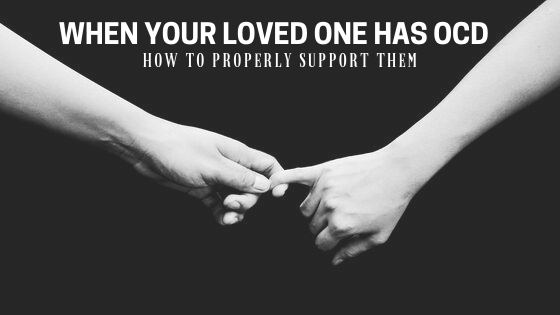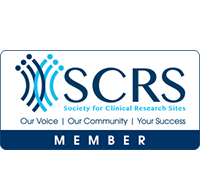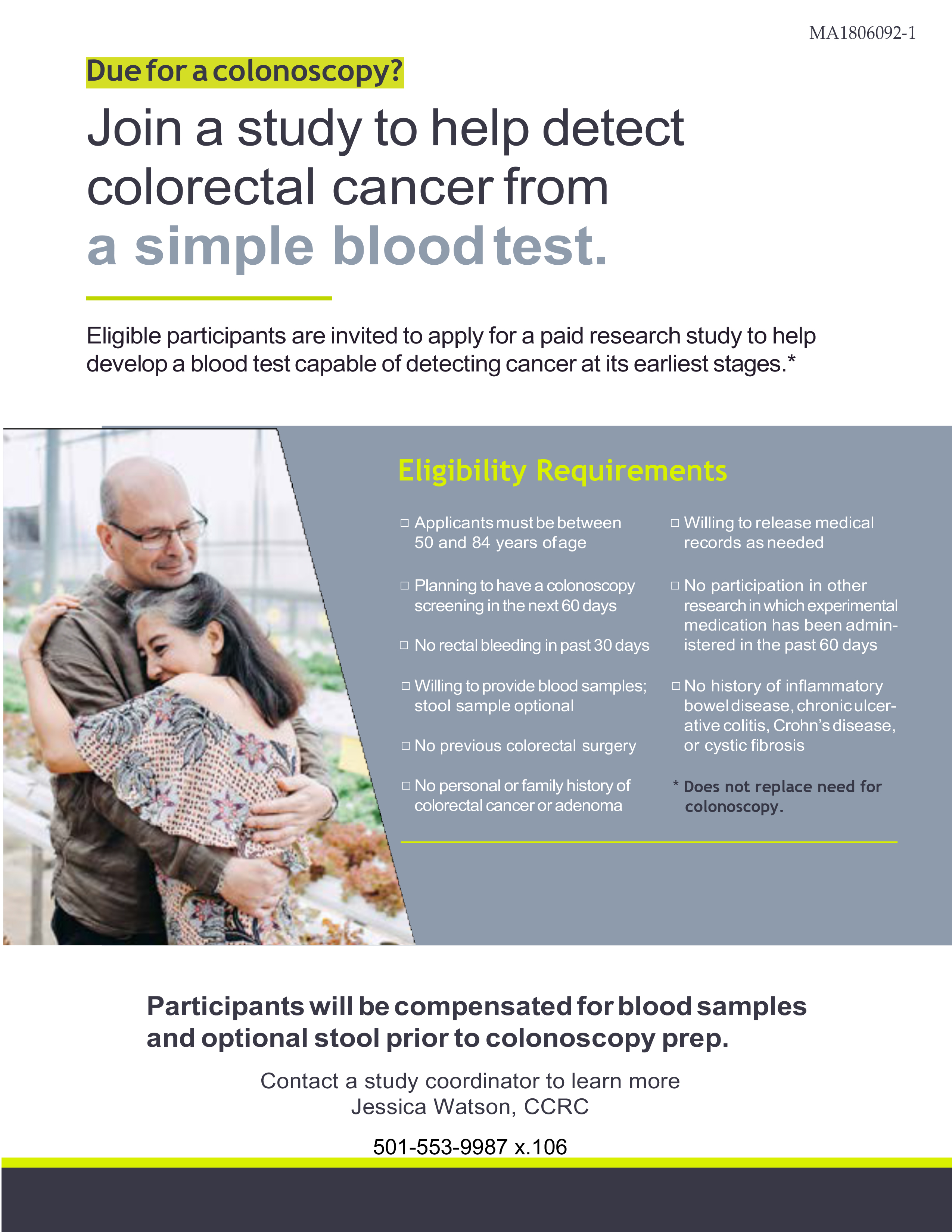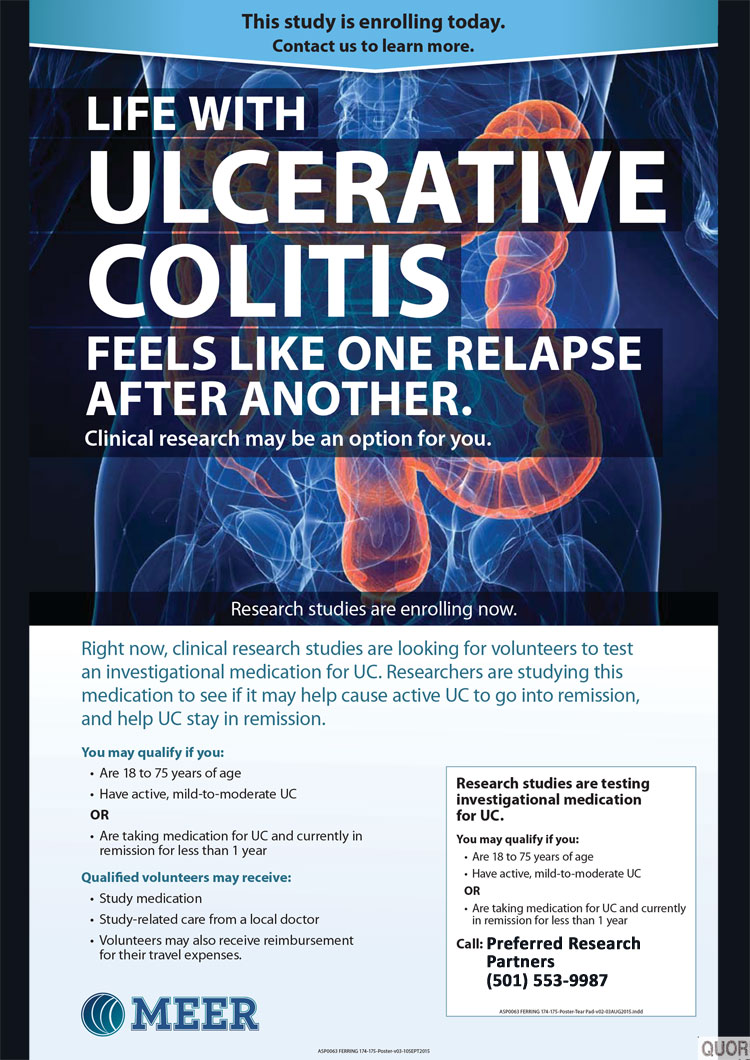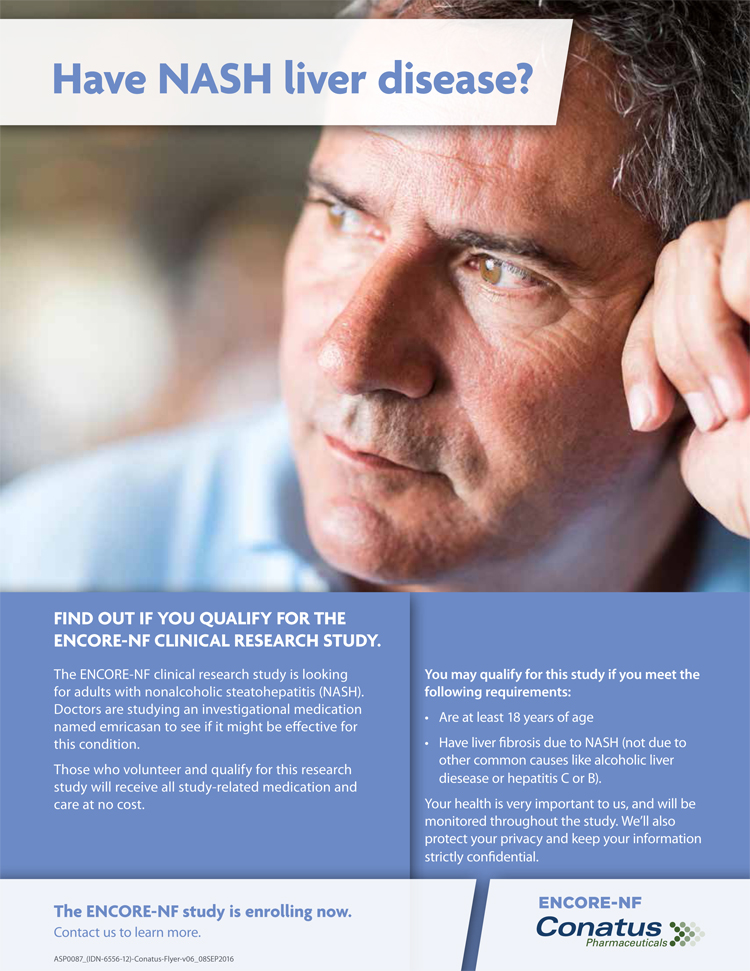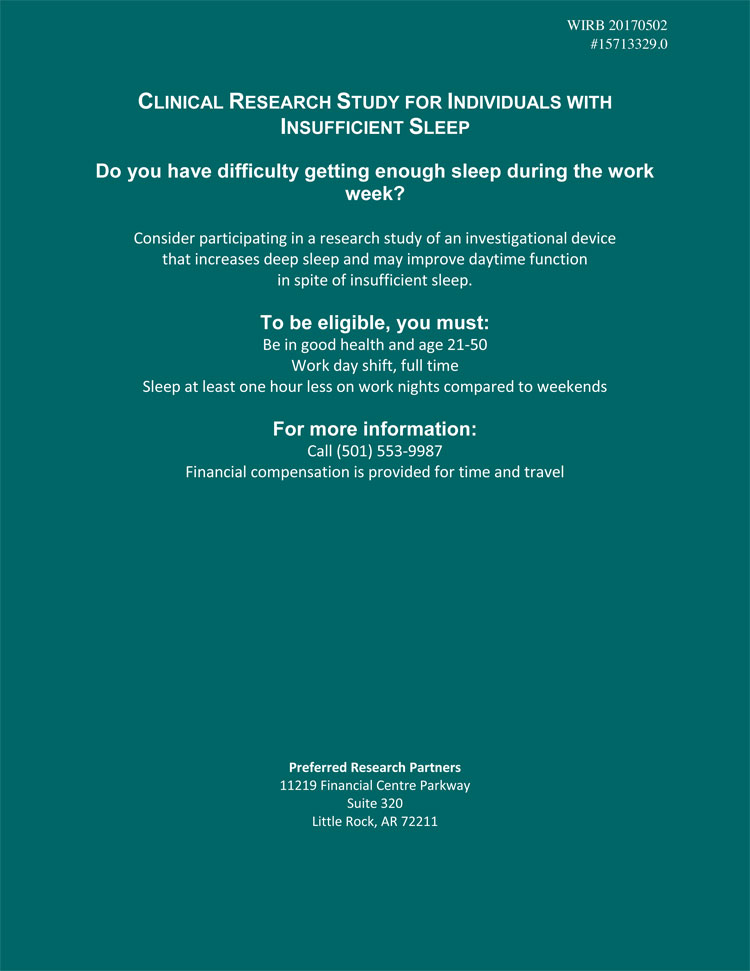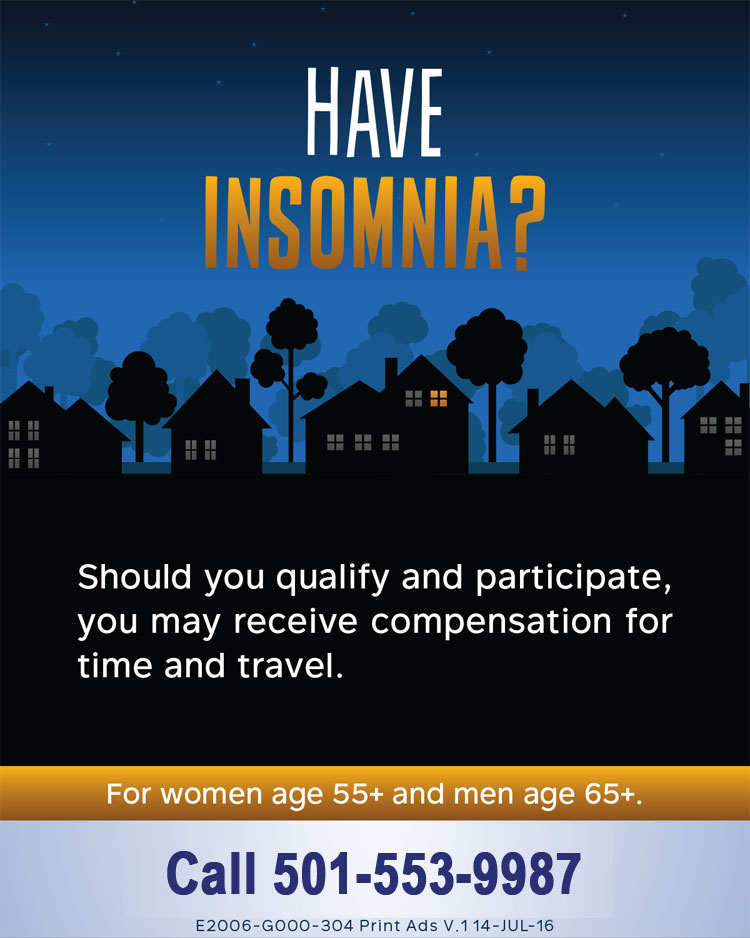Obsessive Compulsive Disorder (OCD) is a mental health condition that is characterized by having obsessive and compulsive thoughts that cause anxiety, and may get in the way of one’s day to day life. Obsessions are unwanted, intrusive thoughts that reoccur many times in a day. Compulsions are repetitive behaviors or rituals that one must complete in response to obsessive thoughts.
As the name suggests, the main signs and symptoms of OCD are obsessions and compulsions. These may vary person to person, but some common obsessions and compulsions are:
Obsessions:
- Fear of germs, contamination, or illness
- Thoughts about hurting oneself or others
- A fixation on having their objects in a very specific way
- Persistent thoughts about impending harm, sexual images, violence, or religion
Compulsions:
- Repeating certain phrases, sometimes prayers, over and over
- Counting to a specific number, or performing certain actions and rituals a specific number of times
- Hoarding behaviors
- Washing hands over and over
- Checking common household items many times, like making sure the oven is off or the door is locked
Something that is very important to note here is that OCD is more than being a perfectionist or “type A”. These behaviors can seriously impact a person’s life, making them feel genuinely anxious, or even fearful, if certain actions or behaviors cannot be completed.
If you believe that your loved one has OCD, first educate yourself on OCD. Take the time to really understand what this person goes through on a day-to-day basis. It may seem hard to understand why this person, for example, feels compelled to turn the lights on and off 10 times before going to bed, but keep an open mind when talking to them about it.
It is important that this person is able to think of you as a support system. Keep conversations about OCD positive, and foster an environment where they can feel safe. That being said, do not encourage or participate in compulsive behaviors. This enables your loved one to continue avoiding the growth and change that must happen in effective OCD treatment.
If your loved one is not seeking active treatment, encourage them to seek help from a mental health professional. There are many treatments out there, and effective treatment can take time, but is the most important step in caring for a loved one with OCD.
It is also important for you to take care of yourself. This puts you in a much better place to help your loved one, and gives you the proper space to vent frustrations, guilt, or fears when necessary.
If you or a loved one are living with OCD, local researchers need your help for an OCD clinical trial. Sign up below.

